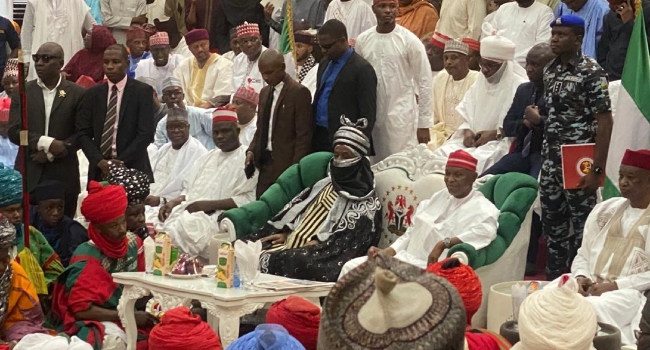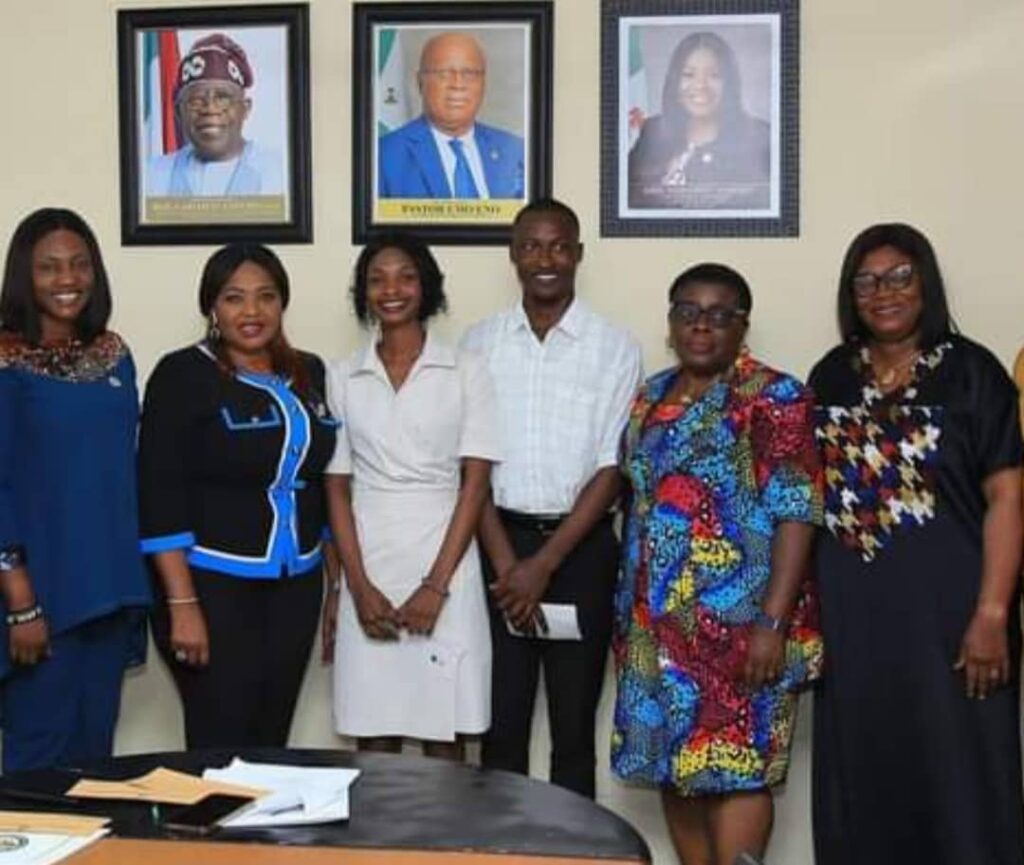
Federal Government has reiterated commitment to enhancing women’s participation in governance.
Special Adviser to President Bola Tinubu on Monetary Policy, Olawale Edun, said this, yesterday, during the investiture of Funmi Ekundayo as first female President/Chairman of Council, Institute of Chartered Secretaries and Administrators of Nigeria (ICSAN).
Giving statistics on women’s participation across sectors, Edun said in the corporate executive space, women represent 23 per cent; in boards, they hold 19 per cent and in the Federal Executive Council (FEC), they represent about 14 per cent.
While commending Ekundayo’s role as a corporate governance practitioner, he said without the practice of corporate governance across sectors, there would be disaster and disarray.
He emphasised the importance of good corporate governance to the nation’s economic growth.
Lagos State governor, Babajide Sanwo-Olu, hinted at how the state has blazed the trail on women’s diversity and inclusion.
The governor, who was represented by Secretary to the State Government, Bimbola Salu-Hundeyin, said about 50 per cent of the state’s permanent secretaries are women.
He expressed the administration’s commitment to collaborating with professional bodies, like ICSAN, to build the state and transform it into a metropolis.
Ekundayo, in her remarks, promised to take the gospel of good corporate governance across private and public sectors.
Meanwhile, Federal Government has described the Maputo Protocol as an essential instrument for the advancement of women’s rights on the African continent.
Executive Secretary, National Human Rights Commission (NHRC), Chief Tony Ojukwu, said the commission reflects on the significant milestone of the Protocol and acknowledges strides made towards gender equality in the continent.
He spoke on the eve of the commemoration of two decades of adoption of the Protocol, noting that challenges still persist in achieving women’s civil, political, social, economic and cultural rights in Africa.












